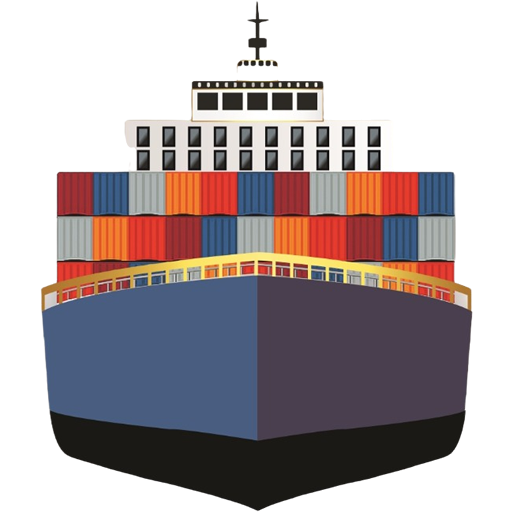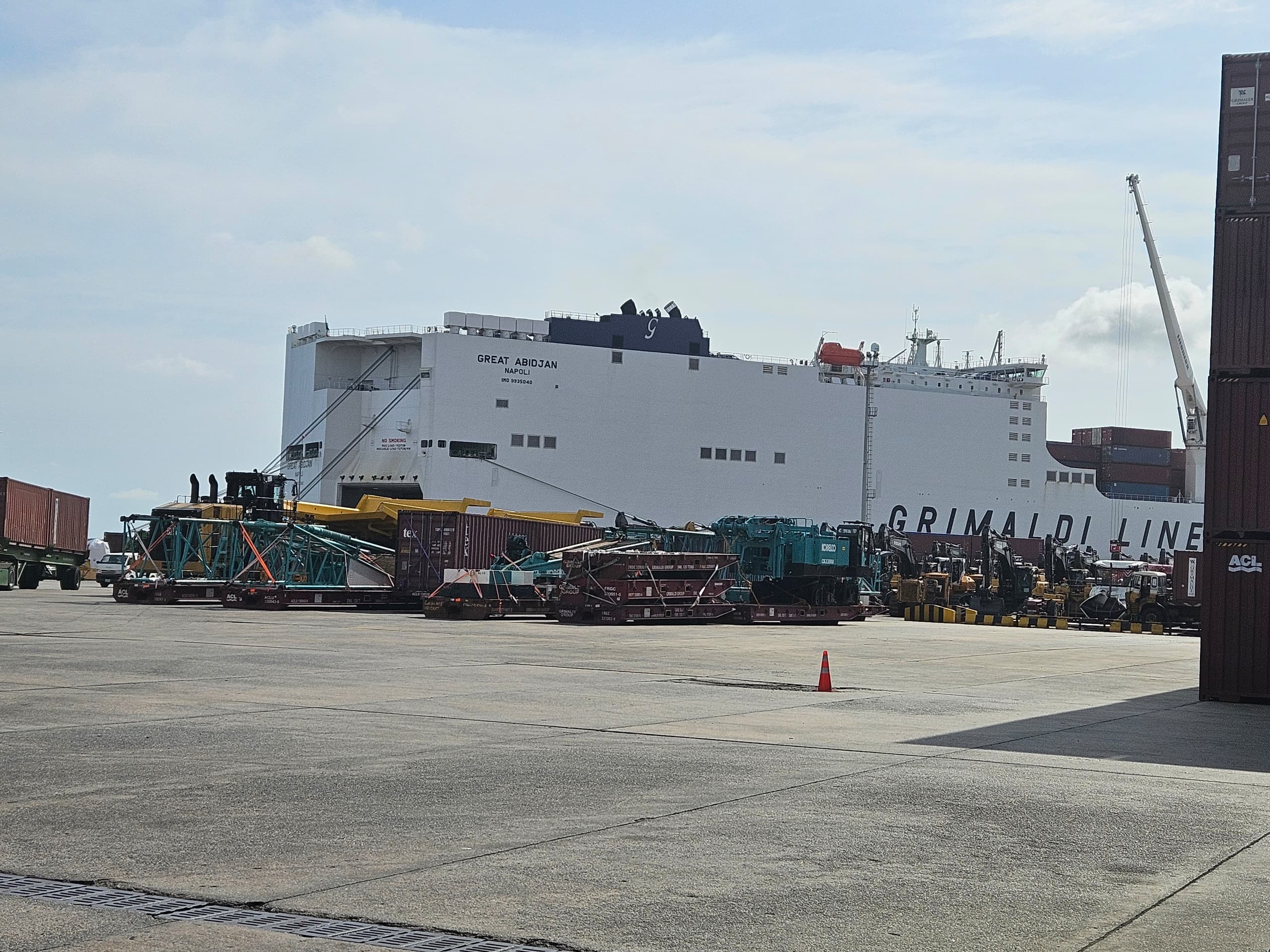
Nigeria’s Logistics and Transport Sector: Opportunities and Challenges
Nigeria’s logistics and transport sector is poised for growth, driven by increasing demand for imported goods, government investments in infrastructure, and the country’s strategic location as a hub for West African trade.
Opportunities
1. *Growing Demand for Imported Goods*: Nigeria’s large and growing population, combined with its increasing middle class, drives demand for imported goods. This presents opportunities for logistics and transport companies to provide efficient and reliable services.
2. *Government Investments in Infrastructure*: The Nigerian government has been investing in transportation infrastructure, including ports, roads, and railways. These investments aim to improve the efficiency and capacity of the logistics and transport sector.
3. *Strategic Location*: Nigeria’s location makes it an important hub for West African trade. The country’s ports, particularly the Lagos Port Complex and the Tin Can Island Port, serve as key entry points for goods destined for Nigeria and other West African countries.
Challenges
1. *Inefficient Port Operations*: Despite investments in infrastructure, Nigeria’s ports still face challenges related to inefficiency, congestion, and corruption. These issues increase costs and transit times for importers and exporters.
2. *Adequate Transport Infrastructure*: While the government has been investing in transportation infrastructure, more needs to be done to address the country’s significant infrastructure gaps. This includes upgrading roads, railways, and inland waterways.
3. *Security Concerns*: Nigeria faces security challenges, particularly in the northeastern part of the country. These concerns can impact the safety and efficiency of logistics and transport operations.
Key Players
1. *Nigerian Ports Authority (NPA)*: The NPA is responsible for managing Nigeria’s ports and ensuring efficient port operations.
2. *Nigerian Customs Service (NCS)*: The NCS is responsible for clearing goods through customs and enforcing trade regulations.
3. *Dangote Group*: The Dangote Group is a leading Nigerian conglomerate with interests in logistics, transportation, and port operations.
Conclusion
Nigeria’s logistics and transport sector presents opportunities for growth and investment, driven by increasing demand for imported goods, government investments in infrastructure, and the country’s strategic location. However, the sector also faces challenges related to inefficient port operations, inadequate transport infrastructure, and security concerns. Addressing these challenges will be critical to unlocking the sector’s full potential.
How Nigerian Clearing and forwarding Agents Can Facilitate Logistics Operations
Clearcargonigeria, as a leading clearing and freight forwarding agents in Nigeria play a crucial role in facilitating logistics operations, particularly in customs clearance and compliance. Experienced freight forwarding agents in Nigeria can help importers and exporters navigate the complexities of customs regulations, ensuring that goods are cleared efficiently and in compliance with regulatory requirements.
For businesses looking to take advantage of opportunities in Nigeria’s logistics and transport sector, partnering with experienced custom licensed clearing agent can make all the difference. These agents can provide valuable insights and expertise, helping businesses to overcome the challenges of operating in Nigeria’s logistics and transport sector.
Key Takeaways
– Nigeria’s logistics and transport sector presents opportunities for growth and investment.
– The sector faces challenges related to inefficient port operations, inadequate transport infrastructure, and security concerns.
– Clearing and forwarding agents in Nigeria play a crucial role in facilitating logistics operations, particularly in customs clearance and compliance.
– Clearcargonigeria is an experienced clearing and freight forwarding agent in Nigeria that can help importers and exporters navigate the complexities of customs regulations.


